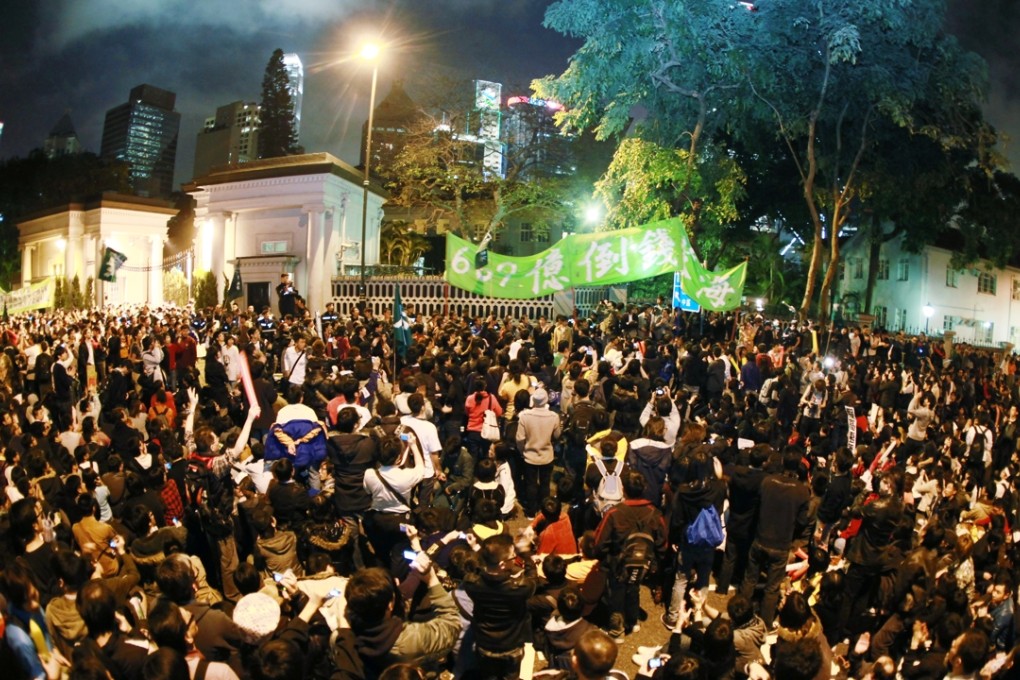Hong Kong’s rule of law must be protected in any agreement on joint immigration checkpoint for express rail link
Gary Wong says the government needs to reassure the public that judicial independence and ‘one country, two systems’ will be upheld before further discussions take place

The proposal for a joint immigration checkpoint for the express rail link has generated much controversy. Some say separate checkpoints would render the costly HK$84 billion rail link less efficient than the existing intercity through trains. Most others, however, are sceptical about a joint checkpoint because of the constitutional implications. Enforcement of laws by mainland officials in Hong Kong, outside the realm of national defence or diplomacy, infringes on Article 18 of the Basic Law and impinges on “one country, two systems”.
A joint immigration checkpoint may also become a precedent that opens the door to mainland law enforcement or even arrest of Hong Kong citizens – in Hong Kong, by mainland officials – and ultimately leads to encroachment on our rule of law.
The intent behind a joint immigration checkpoint was to facilitate immigration procedures and shorten travelling times. But convenience should not override legal concerns

The original intent behind a joint checkpoint was to facilitate immigration procedures and shorten travelling times. Nonetheless, convenience should not override legal concerns. If mainland officials are to operate in Hong Kong, the source and limits of their legal authority must first be scrutinised.
Looking at overseas cases, customs arrangements akin to those proposed by the government are usually undertaken bilaterally and on equal terms. For instance, Canadian and US officials may only exercise equal powers at the border. Outside their respective national territories, customs officials are only permitted to attend to immigration duties.
READ MORE: New ideas emerge on creation of joint immigration checkpoint for Hong Kong high-speed rail
A similar arrangement may work here, with mainland officials limited to duties like questioning individuals as they pass through immigration, searching luggage or denying entry. They would not have the authority to make an arrest. Except for immigration laws, the mainland and Hong Kong would defer to their own local legislation.
